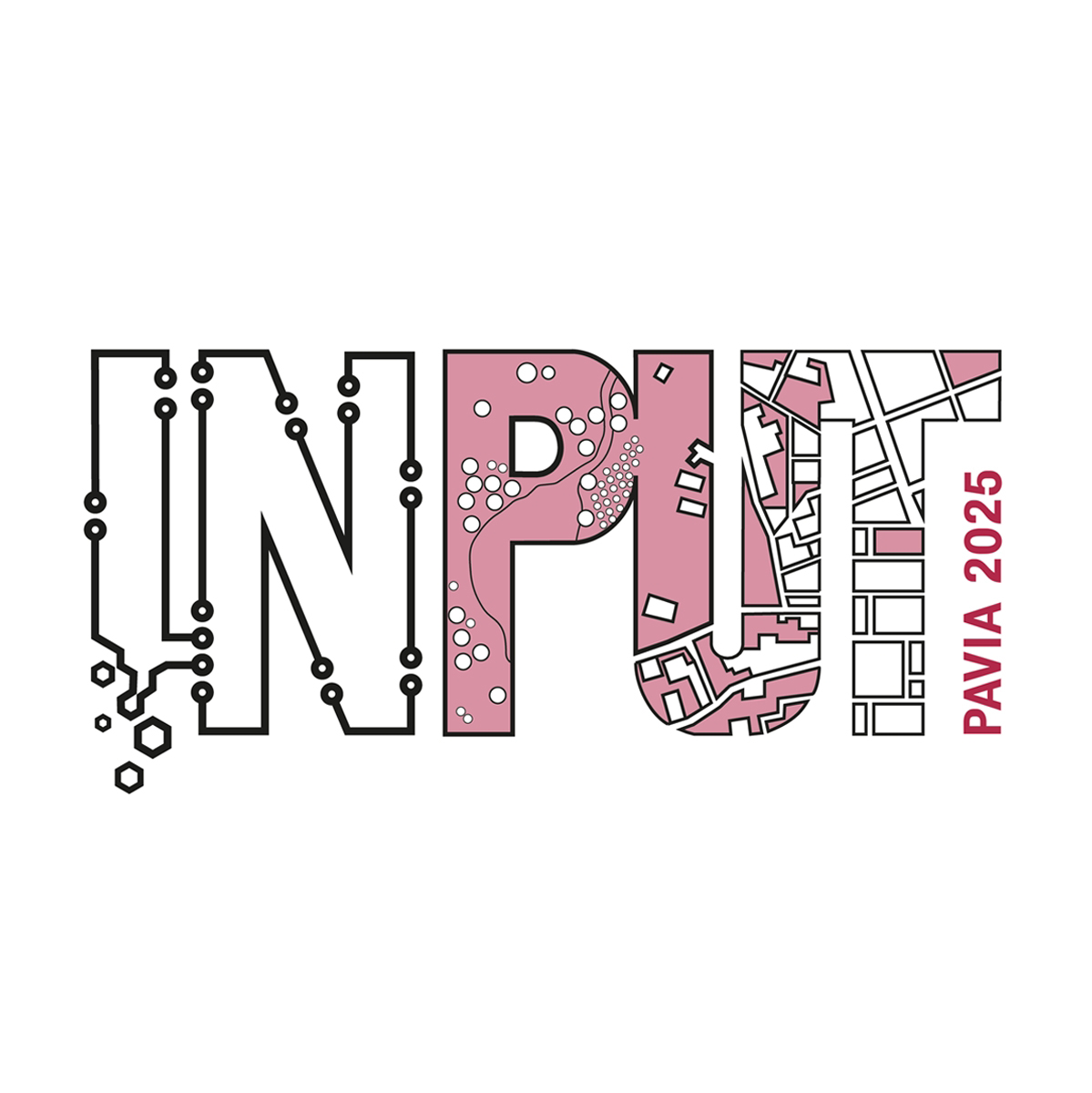AI and Machine Learning for Urban and Territorial Analysis and Forecast
INPUT 2025 Scientific Committee
The relationship between Artificial Intelligence (AI) and the urban planning process is a crucial and evolving aspect of contemporary city development. The integration of AI into urban planning holds significant promise for revolutionizing how cities are designed, managed, and optimized for sustainability and efficiency. One key aspect of this relationship is how AI can enhance data analysis and decision-making in urban planning. With the ability to process vast amounts of data in real-time, AI technologies can provide urban planners with valuable insights into various aspects of city life, such as traffic patterns, energy consumption, waste management, and public safety. By analyzing these data points, AI systems can help identify trends, predict future needs, and recommend strategies for improving the overall functioning of a city. Moreover, AI can transform the way urban planners approach spatial design and infrastructure development. By utilizing AI algorithms and/or LLM for scenario modeling and predictive analytics, planners can simulate different urban layouts, test the impact of proposed changes, and optimize resource allocation for better urban design outcomes. This predictive capability enables planners to make informed decisions that maximize the functionality and livability of urban spaces. Furthermore, AI-driven technologies play a crucial role in enhancing citizen engagement and participation in the urban planning process. By developing user-friendly applications and platforms powered by AI, city residents can provide feedback, report issues, and contribute to decision-making processes in a more accessible and transparent manner. This increased public engagement fosters a sense of community ownership and enables planners to align their strategies with the diverse needs and preferences of urban dwellers. In addition, AI can support the development of sustainable urban systems by optimizing resource management, reducing environmental impact, and promoting resilience in the face of climate change.
Through predictive analytics and optimization algorithms, AI can help cities minimize energy consumption, enhance waste management practices, and mitigate the effects of natural disasters by identifying vulnerabilities and implementing proactive measures. Overall, by leveraging the capabilities of AI in urban planning processes, cities have the opportunity to become smarter, more efficient, and more responsive to the needs of their residents. The integration of AI technologies represents a paradigm shift in how cities are planned, managed, and experienced, shaping a more connected, sustainable, and inclusive urban environment for future generations.
The Session aims to address a series of questions, among which the most relevant are:
- How can AI enhance data analysis and decision-making in the urban planning process?
- What role does AI play in fostering citizen engagement and participation in urban planning?
- How does AI contribute to the development of sustainable urban systems and resilience against the main challenges for next cities (climate change, urban energy, ecological transition, social conflicts, etc..)?
Keywords: AI and urban planning, AI city, AI trends for urban communities, sustainable urban systems and AI
